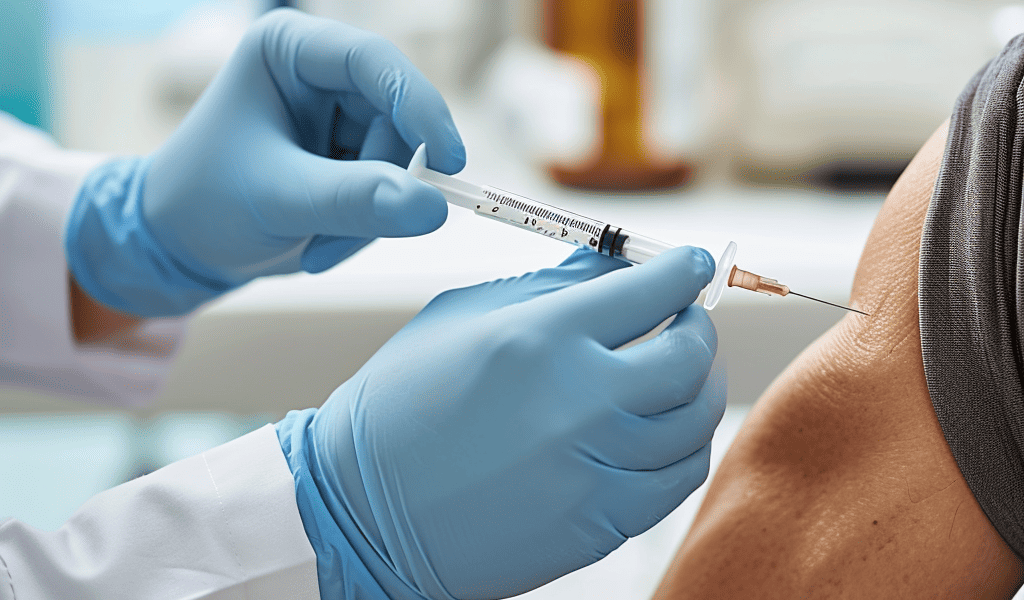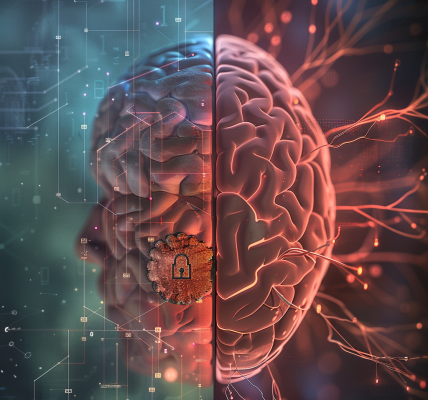The possibility of simple blood tests to help diagnose Alzheimer’s disease faster has been given a boost after researchers revealed evidence that they can rival costly brain scans or painful lumbar punctures for accuracy.
Recent studies have brought the possibility of reliable blood tests for dementia closer to becoming a reality. A £5m project was launched by researchers in the UK last year with the goal of enabling people to be diagnosed in seconds on the NHS within five years.
Now, researchers have evaluated a commercial blood test that is already on the market, revealing it could be just as good as, if not surpass, lumbar punctures and expensive scans at detecting signs of Alzheimer’s in the brain.
Dr Nicholas Ashton, first author of the study, from Gothenburg University, Sweden, said the results had important implications, given research has shown the medicines donanemab and lecanemab can slow cognitive decline in Alzheimer’s patients.
“If you’re going to receive [the new drugs], you need to prove that you have amyloid in the brain,” he said. “It’s just impossible to do spinal taps and brain scans on everyone that would need it worldwide. So this is where the blood test [has] a huge potential.”
But Ashton added the tests could still be useful even if such drugs were not available – as is the case in the UK.
“It could potentially say that this is not Alzheimer’s disease and it could be another type of dementia,” he said, which would help to direct the patient’s management and treatment routine.
In the journal Jama Neurology, Ashton and colleagues explained that the protein p-tau217 was a well-known biomarker for changes in the brain associated with Alzheimer’s disease.
Previous work has shown it can be used to differentiate Alzheimer’s from other neurodegenerative disorders and to detect the disease even in the case of mild cognitive impairment.





